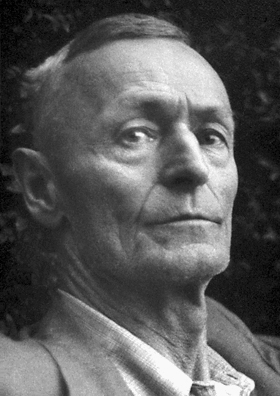 I came home from work today and going through the mail, I found an piece of mail from Bedford/St. Martin's. It is a full color brochure, printed on thick card stock advertising their book, Approaching Literature: Reading, Thinking, Writing. It says "Jump right in... the literature's fine!" I used to teach English and I have never seen a more expensively produced brochure for a textbook. I hope instructors are thinking about this very seriously. Every time they choose one of these commercial textbooks, they are choosing the high cost of direct mail advertising that gets passed along to the students. How can publishers justify this? I last taught at Hartnell College six years ago. I have sent notes to the textbook reps and they all still contact me. They are wasting time and money (the students' money) chasing down someone who is not teaching English at the moment. There are so many better models than this. There is Flatworld Knowledge, open textbooks from places like College Open Textbooks, there is Creative Commons, and Shakespeare has been free on the Internet since 1993!
I came home from work today and going through the mail, I found an piece of mail from Bedford/St. Martin's. It is a full color brochure, printed on thick card stock advertising their book, Approaching Literature: Reading, Thinking, Writing. It says "Jump right in... the literature's fine!" I used to teach English and I have never seen a more expensively produced brochure for a textbook. I hope instructors are thinking about this very seriously. Every time they choose one of these commercial textbooks, they are choosing the high cost of direct mail advertising that gets passed along to the students. How can publishers justify this? I last taught at Hartnell College six years ago. I have sent notes to the textbook reps and they all still contact me. They are wasting time and money (the students' money) chasing down someone who is not teaching English at the moment. There are so many better models than this. There is Flatworld Knowledge, open textbooks from places like College Open Textbooks, there is Creative Commons, and Shakespeare has been free on the Internet since 1993!I post alot about textbooks here and what I would like to do is to use this space to share some of my favorite open education resources and open texts for English. I will tag those postings as "English."
If you have some favorites, post them in a comment here or email me.





